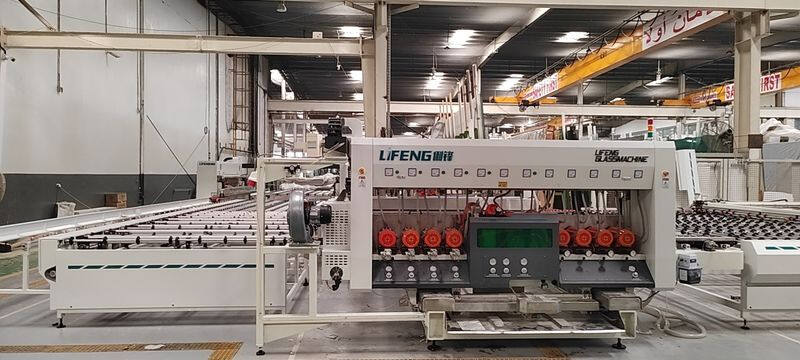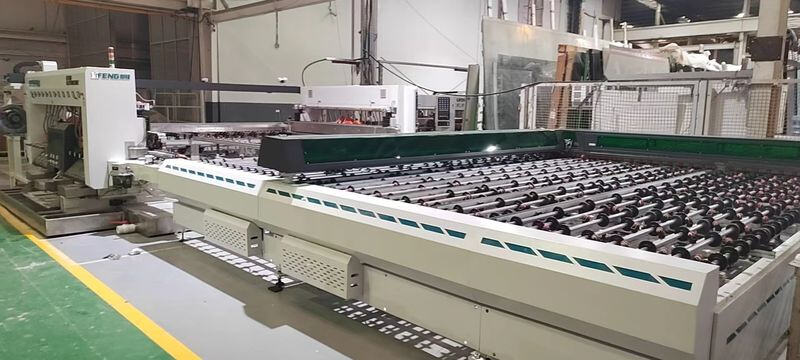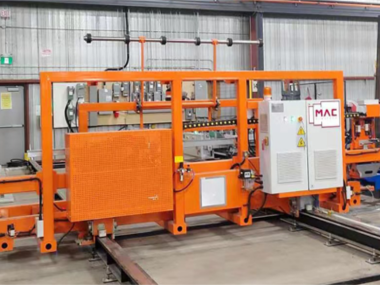glass edging machine
A glass edging machine is a sophisticated piece of industrial equipment designed to process and finish the edges of glass panels with precision and efficiency. This advanced machinery performs multiple operations, including grinding, polishing, and creating various edge profiles on glass sheets of different thicknesses. The machine utilizes diamond grinding wheels and specialized polishing tools to transform raw glass edges into smooth, professionally finished surfaces. Modern glass edging machines incorporate automated features such as digital controls, programmable settings, and variable speed adjustments to accommodate different glass types and specifications. The machine's feed system ensures consistent processing speed and pressure, resulting in uniform edge quality throughout the entire glass panel. Safety features include emergency stop mechanisms, protective enclosures, and water cooling systems that prevent overheating and maintain optimal processing conditions. These machines are capable of handling various glass thicknesses, typically ranging from 3mm to 25mm, and can process straight edges, curved sections, and complex shapes depending on the model specifications.


